People don't like to think, if one thinks, one must reach conclusions. Conclusions are not always pleasant
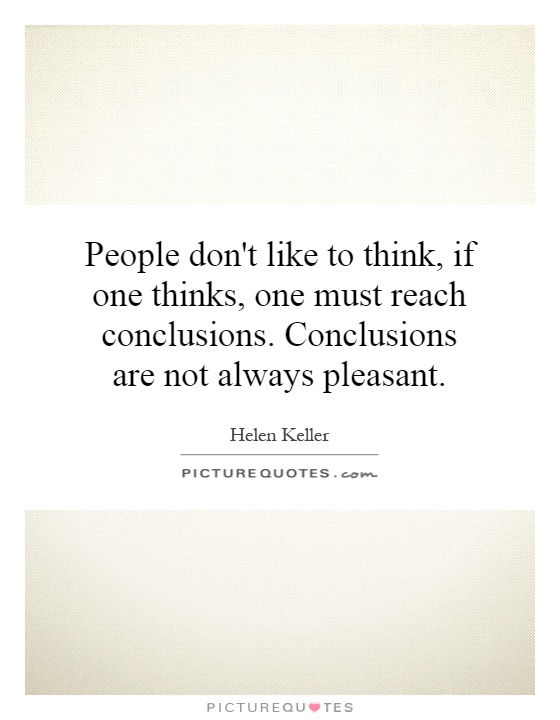
People don't like to think, if one thinks, one must reach conclusions. Conclusions are not always pleasant
Helen Keller, a remarkable woman who overcame incredible obstacles to become an advocate for the deaf and blind, understood the power of thinking and reaching conclusions. Keller's life story is a testament to the fact that thinking can lead to uncomfortable conclusions, but it is through this process that we grow and evolve as individuals.Keller was born in 1880 in Tuscumbia, Alabama, and at the age of 19 months, she fell ill and lost both her sight and hearing. Despite these challenges, Keller's thirst for knowledge and her determination to communicate led her to learn how to read, write, and speak. With the help of her teacher, Anne Sullivan, Keller went on to graduate from Radcliffe College and become a renowned author and lecturer.
Throughout her life, Keller faced many difficult truths and unpleasant conclusions. She was a fierce advocate for social justice and women's rights, and she was not afraid to speak out against injustice and inequality. Keller's commitment to thinking critically and reaching conclusions that were not always popular or comfortable made her a powerful force for change in the world.
Keller once said, "People don't like to think, if one thinks, one must reach conclusions. Conclusions are not always pleasant." This quote reflects Keller's belief that thinking requires us to confront difficult truths and make tough decisions. It is often easier to avoid thinking and remain in a state of ignorance or denial, but Keller understood that true growth and progress come from facing uncomfortable conclusions head-on.
In today's world, where misinformation and ignorance run rampant, Keller's message is more important than ever. We must be willing to think critically, question our beliefs, and reach conclusions that may challenge our preconceived notions. It is through this process that we can truly understand the world around us and work towards a more just and equitable society.

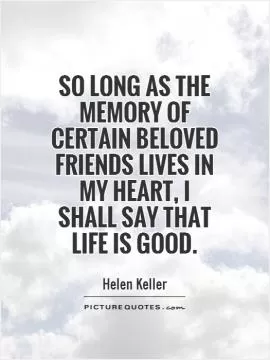
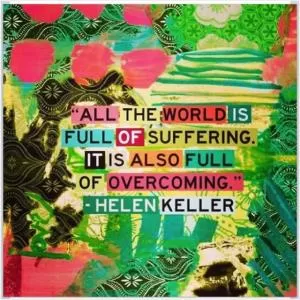
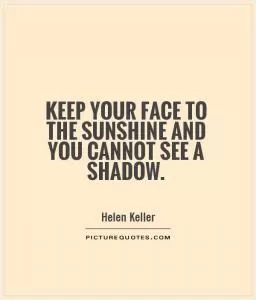
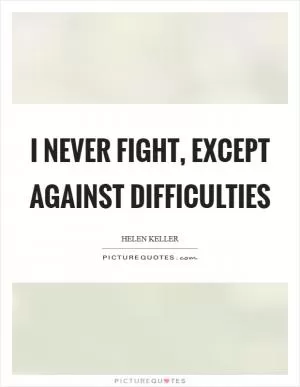
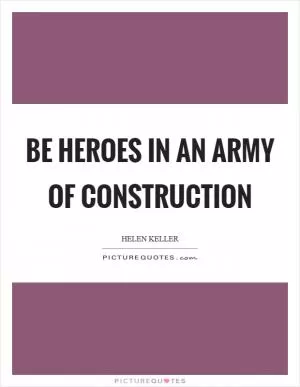
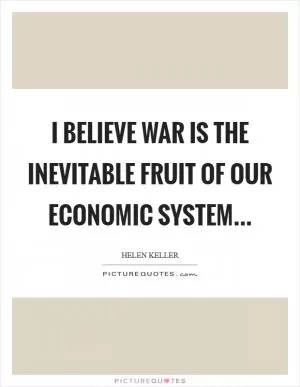
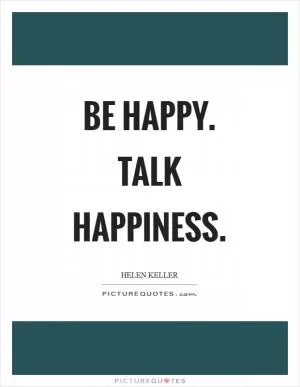
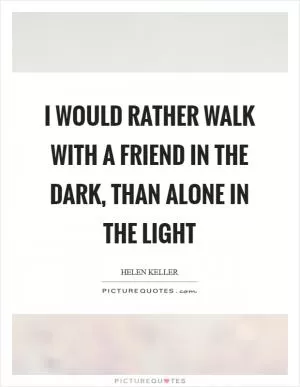
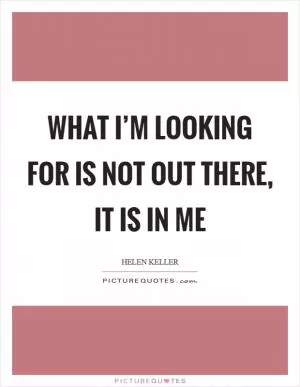
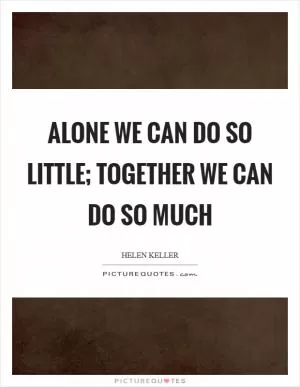
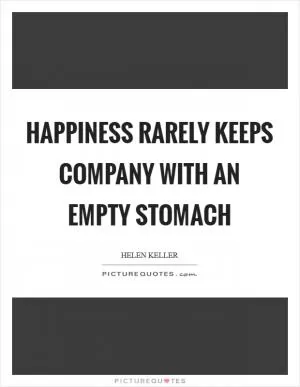
 Friendship Quotes
Friendship Quotes Love Quotes
Love Quotes Life Quotes
Life Quotes Funny Quotes
Funny Quotes Motivational Quotes
Motivational Quotes Inspirational Quotes
Inspirational Quotes